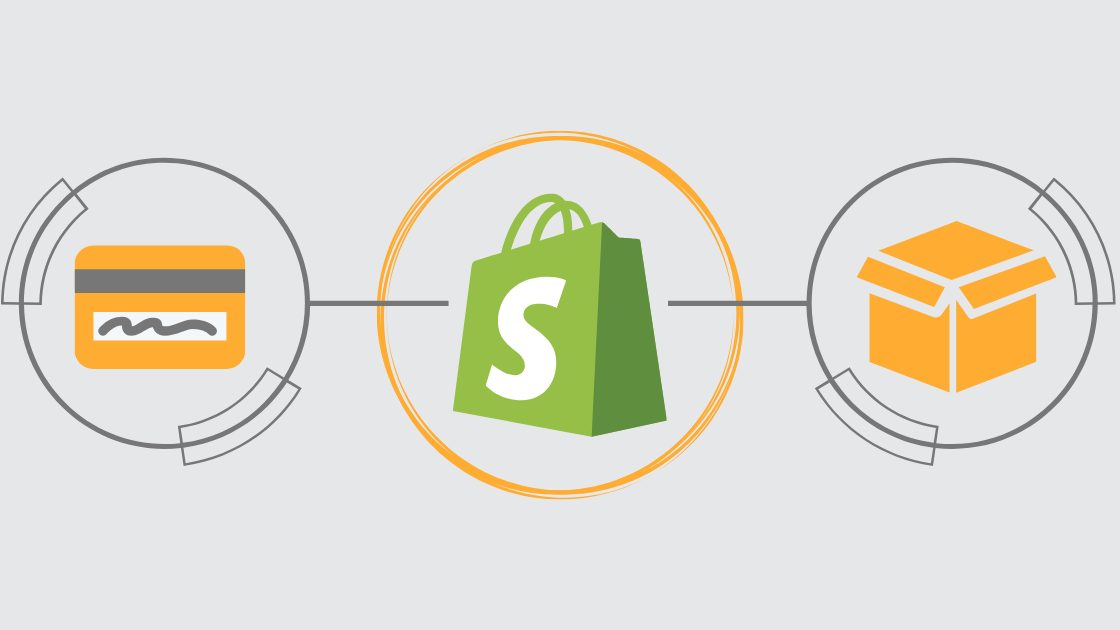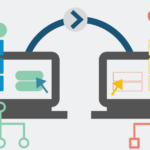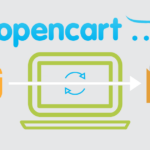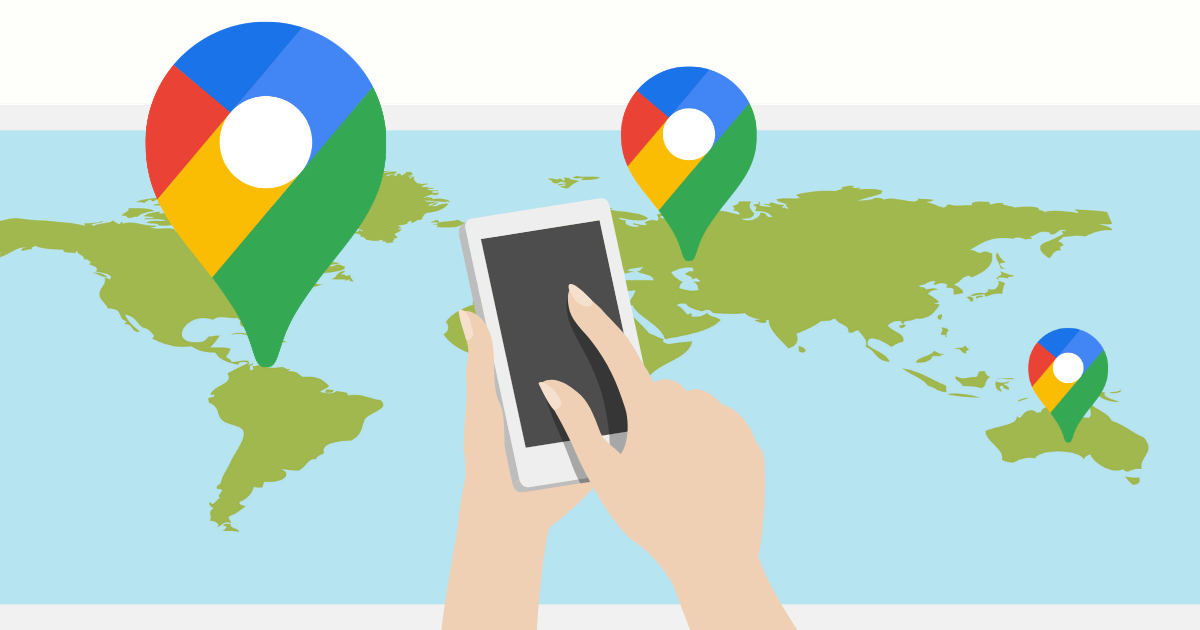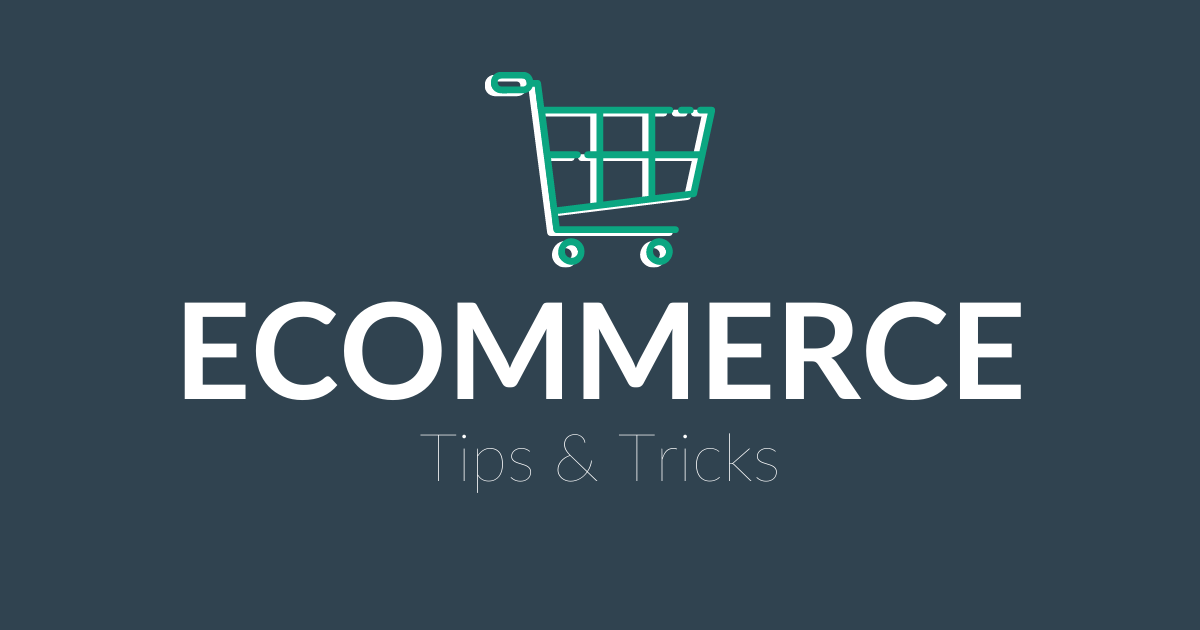What Is Shopify, and How Does It Work?
Shopify, What Is It?
Shopify is an ecommerce platform for creating and hosting an online store. Ecommerce (electronic commerce) is the “buying and selling of goods and services, and the transfer of funds, through digital channels.” Shopify is the platform that enables these ecommerce transactions, and much more.
Shopify is a diverse platform used for many purposes, such as individuals seeking to sell homemade goods to large businesses selling specialized services. Shopify is used to sell not only physical products but digital products, memberships, classes and lessons, and more. Yet, the platform does not support all products, for example, some Shopify restricted products include gambling products, computer technical support, event tickets, and more.
Why Was Shopify Created?
Shopify was created to fill a gap. When Tobias Lütke wanted to sell snowboards online, he quickly realized that the ecommerce space lacked a sufficient option, and the idea for Shopify was born. Soon Lütke, Scott Lake, and Daniel Weiland, focused on the development of an ecommerce platform and officially launched Shopify in 2006.
Shopify Packages
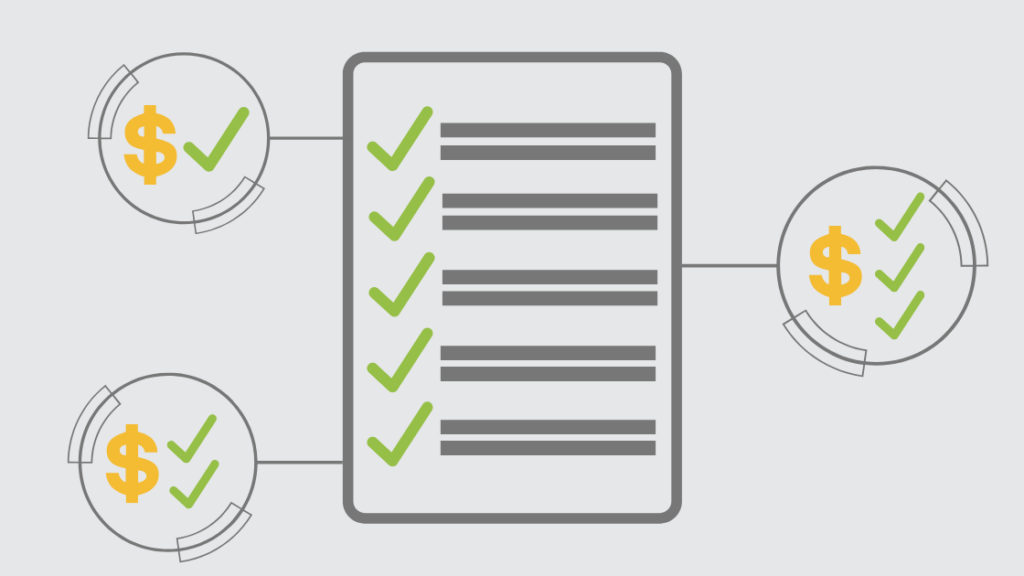
There are five Shopify packages to choose from when exploring your options for Shopify, and each package varies greatly by price and features. The five Shopify packages include Shopify Lite, Basic Shopify, Shopify (standard), Advanced Shopify, and Shopify Plus.
1. Shopify Lite
The Shopify Lite plan is the simplest Shopify option costing only $9 per month. The plan is designed to transform an existing website into an online store by enabling the functions of a “Buy” button. Shopify Lite also connects with Facebook and Messenger in order for customers to buy directly from those platforms.
2. Basic Shopify
Basic Shopify offers all the necessary features for building your ecommerce store costing $29 per month. This package allows unlimited products, 2 staff accounts, sales channel, and a free SSL certificate. It also can create and accept discount codes as well as offer an abandoned cart recovery process. Although, the Basic Shopify plan has a higher transactional fee for using outside payment providers.
3. Shopify (Standard)
The next package is the Shopify plan, or the standard Shopify, costing $79 per month. This Shopify plan builds off the basic package by increasing the number of staff accounts to 5 and allowing you to accept gift cards and access professional reports. In addition, the additional fee for non-Shopify payment processing decreases, as well as the credit card rates through Shopify.
4. Advanced Shopify
The Advanced Shopify package is a significant jump from the standard plan, costing $299 per month, but offering additional key features. While the number of staff accounts increases to 15 and the additional payment fees decrease, the primary differentiators are the advanced report builder and the third-party calculator for shipping rates at checkout.
5. Shopify Plus
The last Shopify package option is Shopify Plus which offers the most robust and personalized features because each Shopify Plus website is created according to the client’s specific needs. The plan is designed for enterprise-level companies that are scaling to a level that goes beyond the functionalities and support of the previous Shopify packages.
Shopify POS (Point of Sale)
While Shopify POS (Point of Sale) is not a type of Shopify plan, it is an important feature that is included with the Basic Shopify package and beyond. The app allows businesses to sell their products in-person, rather than just online. Shopify POS is useful for processing and accepting payments at the business’ store, trade shows, pop-up events, or any in-person locations that require payment processing. Since the Shopify POS syncs with the online store, all data and inventory will be updated collectively.
Shopify Pros and Cons
Shopify is an advanced yet comprehensible ecommerce platform that includes many features to cater to each company’s needs. Yet as with each ecommerce platform there are specific advantages and disadvantages that differentiate its use and applicability to your business. Below are the Shopify pros and cons.
Shopify Pros
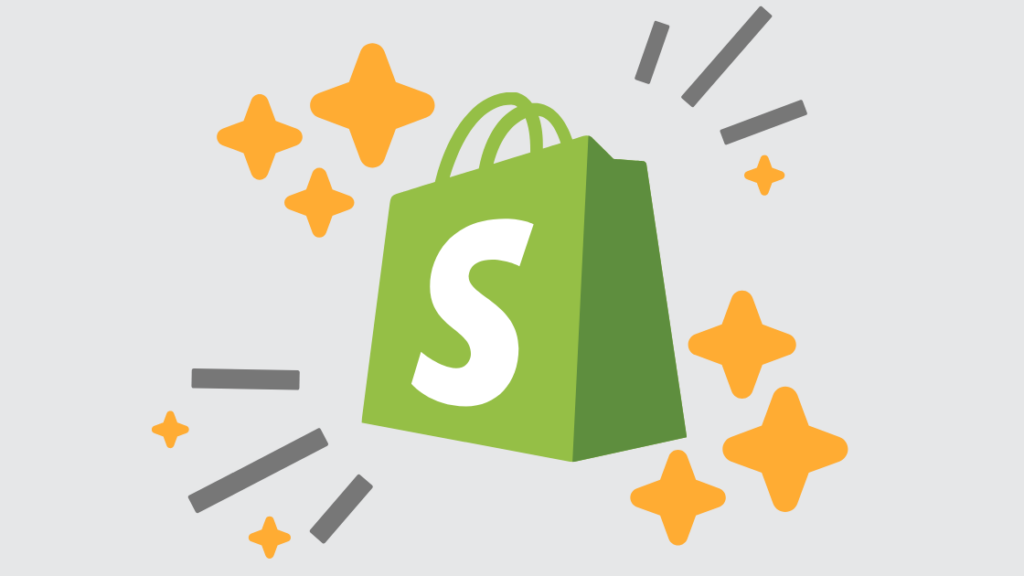
Easy to Understand
Shopify is user-friendly allowing the creation and maintenance to be relatively simple without website development knowledge. You don’t need to touch a line of code to set up your store on Shopify.
Cloud-Based Platform
Shopify’s cloud-based platform allows you to access your website from anywhere you have an internet connection.
Superior Themes
Shopify is known for its aesthetic and modern themes that make the design process straightforward while preserving high-quality results. Shopify also allows businesses to customize the website to align with their branding, such as fonts, colors, and logos.
Variety of Applications
Shopify offers an App Store with a wide variety of specialized apps, both free and paid, that can be used with the website in order to develop a more robust and personalized ecommerce platform. Some examples include loyalty program setup, SEO plug-ins, or print-on-demand dropshipping.
Assorted Package Options
As specified above, there are different Shopify packages to choose from when determining your company’s needs. This allows businesses to lower costs and not pay for features they do not need.
Great Customer Support
Shopify offers great customer support from maintaining a blog, offering free ecommerce courses through Shopify Academy, and providing 24/7 customer support by chat, email, and phone.
Provides Oberlo
Oberlo is the well-known dropshipping app owned by Shopify that allows businesses to sell products on their Shopify store without touching the products themselves (no inventory or shipping). This enables businesses to diversify their stores with a reliable tool that offers a wide selection of products.
Shopify Cons
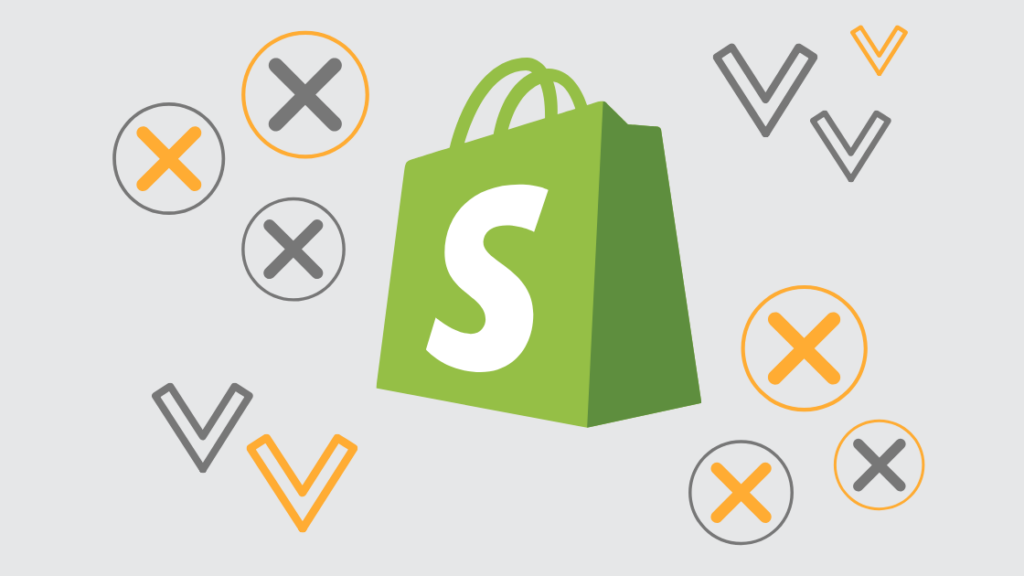
Limited Native Functionality
While Shopify offers the primary features for ecommerce operations, for a more advanced and specialized online store it requires add-on applications. While there are plenty of applications to choose from, the Shopify platform does not automatically offer them.
Costly Applications
Since the Shopify store requires additional applications to carry out necessary functions for your business, it adds an additional cost on top of the monthly package fee which can quickly add up to create greater expenses. Although, there are many free app options that can reduce those extra costs.
Costly Transaction Fees
As noted above, each package requires transaction fees for processing payments through someone other than Shopify Payments. While other shopping carts have dropped the additional transaction fees, Shopify continues to bill for these services.
Product/Variant Limits
100 variants can be created for each product and each product can have 3 options out-of-the-box, and can only be increased by using an app from the Shopify App Store.
Shopify is an ecommerce platform that enables the selling and buying of products and services online. The different Shopify packages allow businesses to choose plans that fit the needs of their company while delivering exceptional features. Shopify’s comprehensive and cloud-based platform makes your online store easy to navigate and access from anywhere you need to access it. The modern themes and additional applications, such as Oberlo, allow your ecommerce platform to look and perform in high capacity with continuous customer support. While Shopify demonstrates numerous benefits, it also has functional limitations without the use of apps which can add extra costs in addition to the payment processing fees. Shopify is a great and highly ranked ecommerce platform that should be considered when creating an online store.

